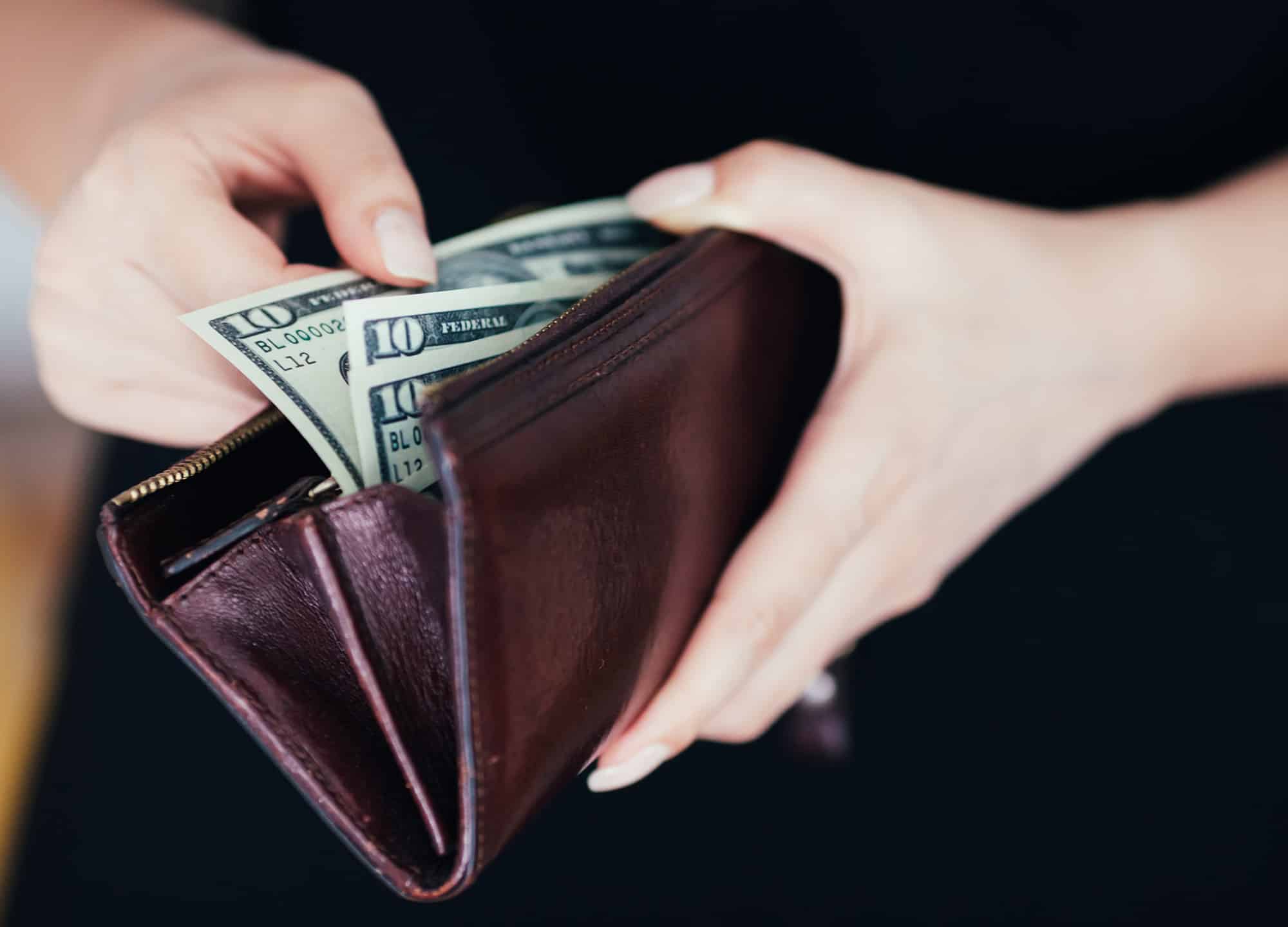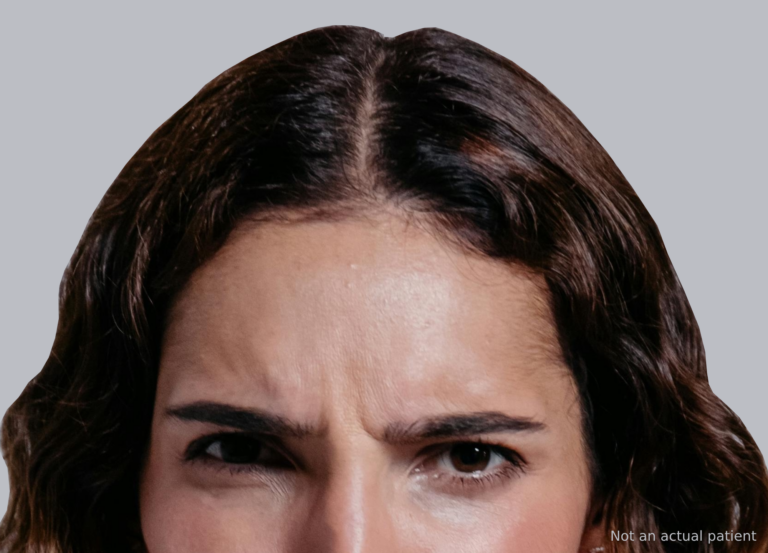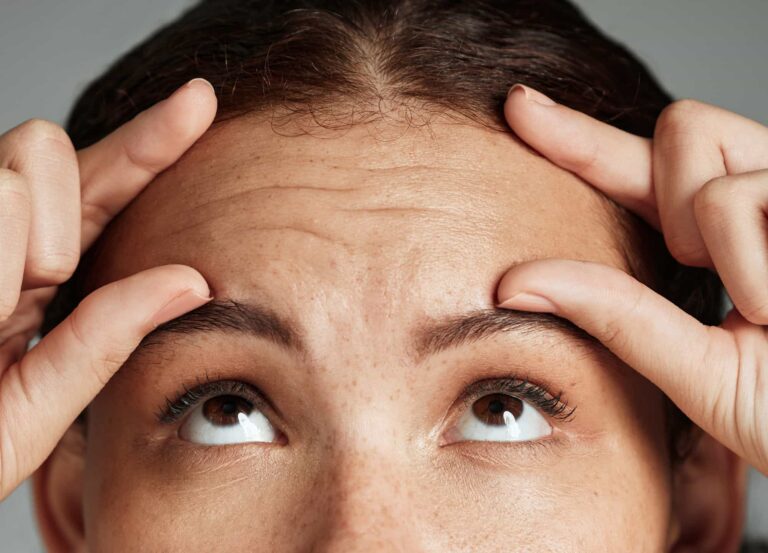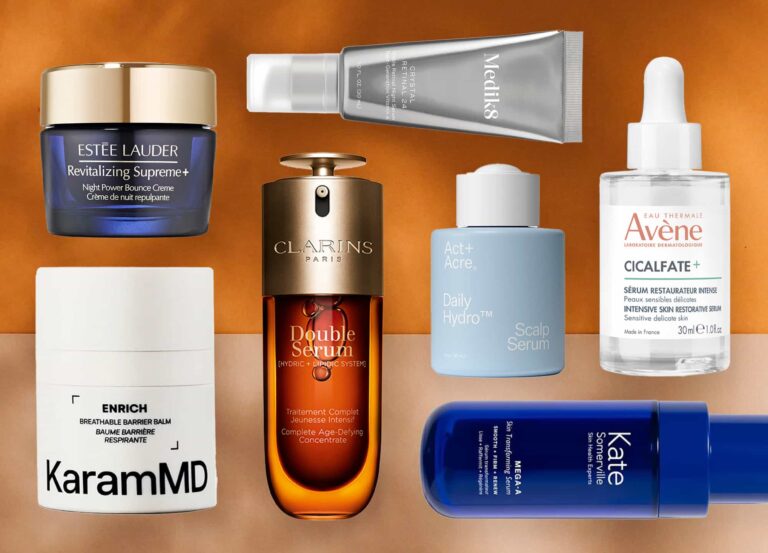Envision this: you’re leaving your plastic surgeon’s office when you see another patient give your doctor a gift—a generous one. It’s never occurred to you to buy any of your doctors a present. Now you’re wracked with guilt, wondering if you unknowingly stiffed every medical professional you’ve ever had a relationship with.
Or you’re wrapping up an appointment with an aesthetician when you realize you’re not sure if you’re expected to leave a tip. You’d give 20% for a massage, of course, but you’re at a medspa. Panicking, you leave behind the cash you have on you, but later in the day you mull over whether you just blew a hundred dollars for no reason—or worse, committed some faux pas you weren’t even aware of.
Poshly statistics show that 64% of people always tip for beauty services and 19% do it most of the time. But what about in nuanced scenarios like these, which aren’t so black-and-white? Follow our guide when you find yourself perplexed. If all else fails, the experts interviewed for this story agree: there’s nothing wrong with asking what’s expected of you.
Plastic surgeons, dermatologists, and other doctors
Depending on where you live, it may be illegal for your doctor to accept a monetary tip. While laws vary from state to state, a good rule of thumb is to never tip your doctor. When it comes to gift giving though, things get a bit foggier. According to the American Medical Association’s Code of Medical Ethics, intent plays a large factor. If a gift is given to signal gratitude or display a patient’s cultural tradition (e.g., during the holidays), it can strengthen the patient-physician relationship. However, a gift given to attempt to gain preferential treatment (and thereby damage the physician’s obligation to fairly deliver services to all patients) should be declined. Doctors are also encouraged to decline gifts if they believe accepting the gift could lead the patient’s family into a stressful emotional or financial situation or if the physician would feel uncomfortable with their colleagues knowing about the gift.
Ask yourself if the gift you want to give might put your doctor in an uncomfortable situation. If so, consider something homemade, smaller or less expensive. Studies have shown that 20% of physicians have accepted gifts, the most common being chocolates, alcohol, and baked goods.
Note that, in general, nurses operate under the same protocol for tipping and gift giving as the doctors they work with.
Aestheticians
Since aestheticians often offer the kinds of pampering services you’d usually tip for but with the addition of medical-grade treatments, such as laser therapies, it can be confusing to know whether you should tip. This is doubly true if your favorite aesthetician works out of a medspa. Laws governing medspas vary from state to state so researching your state’s medspa laws before making an appointment is a good place to start.
The aestheticians we spoke to for this story had varying opinions on tips and gifts. “We don’t expect a tip, but we always hope for one,” says New York City aesthetician Christopher Drummond, who specializes in microblading and cosmetic tattooing at PFRANKMD & Skin Salon. “When it’s a higher-priced service, people seem to not tip, for some reason. There is no set amount that should be given, but 10% is greatly appreciated.”
“Some aestheticians are allowed tips, but it is our policy not to [accept them],” says New York City aesthetician Victoria Lewis of Tribeca MedSpa. “Tribeca MedSpa believes medical professionals should never accept tips, because it may influence the standard of care or weaken the fiduciary relationship.”
But just because some aestheticians refuse tips, doesn’t mean that lavish gifts are off the table. While New York City aesthetician and Just Ageless NYC founder Jeannel Astarita says tipping is inappropriate, she and her staff do accept year-end or holiday gifts from regular clients. These have included expensive fragrances, signed artwork, Gucci loafers and other designer accessories, champagne, hand-knit sweaters and homemade cookies.
“A tip is often decided as a percentage of the cost of the service,” says Astarita. “I think that’s presumptuous. We are just as delighted when we receive cookies as we are with extravagant kindnesses, though I think [the latter] is a reflection of the service we provide.”
The takeaway? Ask the receptionist about tipping and gifting policies before you book your appointment, so you’re not caught off-guard the day of.
Related: Plastic Surgery Financing: How to Pay for Your Cosmetic Procedure
Aesthetics bars
The increasing popularity of quick-service aesthetic bars, like Plump, Ject and Alchemy 43, make booking Botox or Volbella appointments as fast and easy as getting a blowout. But unlike at Drybar, tipping isn’t always expected.
“We are providing medical services by medical professionals [Editor’s note: Most injectors at aesthetics bars are nurse practitioners or registered nurses, not doctors], and tipping isn’t customary for medical services,” says Nicci Levy, founder and CEO of Alchemy 43, which has locations in California and New York. “It could lead to expectations for a different level of service or treatment, and we believe in treating all clients equally.” Levy says that gifts are never expected either.
Facial bars
Skin Laundry, one of New York City’s most popular facial bars, specializes in laser facials using YAG and intense pulsed light lasers wielded by registered nurses. Another, Skin Bar, depends on certified aestheticians to give treatments ranging from IPL, Fraxel, Laser Genesis, and laser hair removal to Botox and fillers.
Though many of the treatments offered by these facial bars are similar to those offered by aesthetics bars, gratuity is generally accepted. (Skin Laundry declined to comment for this story, but we called both Skin Laundry and Skin Bar, as prospective customers, to find out their policies.)
So why the policy difference? Blame each company’s desired reputation. Aesthetics bars, like Alchemy 43, have tipping policies in place that associate them with the medical community; facial bars may be attempting to distance themselves from that doctor’s-office feeling. Either way, call ahead to find out about tipping protocol.











